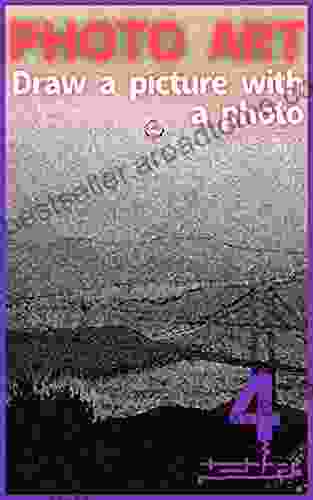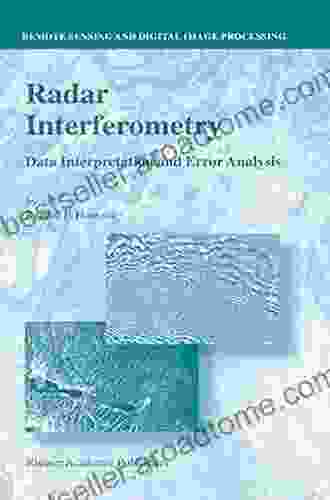Wiki Writing: Collaborative Learning in the College Classroom

Wikis are a versatile and powerful tool that can be used to promote collaborative learning in the college classroom. They are online spaces where users can create, edit, and share content. This makes them an ideal platform for students to work together on projects, assignments, and discussions.
There are many benefits to using wikis in the college classroom. For students, wikis can help to:
- Improve engagement: Wikis can help to engage students in the learning process by giving them a sense of ownership over their work. When students know that their contributions will be seen by others, they are more likely to put in their best effort.
- Develop critical thinking skills: Wikis can help students to develop their critical thinking skills by encouraging them to analyze and evaluate information from multiple sources. When students work together to create and edit content, they must learn to consider different perspectives and to come to a consensus.
- Improve communication skills: Wikis can help students to improve their communication skills by providing them with a platform to share their ideas and to collaborate with others. When students work together on a wiki, they must learn to communicate clearly and effectively.
For instructors, wikis can help to:
4.5 out of 5
| Language | : | English |
| File size | : | 4974 KB |
| Text-to-Speech | : | Enabled |
| Screen Reader | : | Supported |
| Enhanced typesetting | : | Enabled |
| Print length | : | 280 pages |
- Save time: Wikis can help instructors to save time by providing them with a central location to post assignments, readings, and other course materials. Wikis can also be used to facilitate online discussions and to collect student feedback.
- Assess student learning: Wikis can be used to assess student learning by providing instructors with a way to track student progress and to evaluate student work. Wikis can also be used to provide students with feedback on their work.
- Create a community of learners: Wikis can help to create a community of learners by providing students with a space to interact with each other and to share their knowledge and ideas. Wikis can also be used to connect students with experts in the field.
There are many different ways to use wikis in the college classroom. Here are a few ideas:
- Create a class wiki: A class wiki can be used to post course materials, assignments, and discussions. It can also be used to provide students with a space to collaborate on projects and to share their work.
- Use wikis for group projects: Wikis can be used to facilitate group projects by providing students with a central location to share ideas, work on assignments, and communicate with each other.
- Use wikis for peer review: Wikis can be used for peer review by allowing students to comment on each other's work. This can help students to develop their critical thinking skills and to improve the quality of their work.
- Use wikis for online discussions: Wikis can be used to facilitate online discussions by providing students with a space to share their thoughts and ideas on course topics.
When using wikis in the college classroom, it is important to set clear expectations for students. Students should be made aware of the purpose of the wiki and the rules for using it. It is also important to provide students with training on how to use the wiki software.
Wikis are a valuable tool that can be used to promote collaborative learning in the college classroom. They can help students to improve their engagement, critical thinking skills, and communication skills. Wikis can also help instructors to save time, assess student learning, and create a community of learners.
If you are looking for ways to improve your teaching or to engage your students more deeply in the learning process, I encourage you to consider using wikis in your classroom.
4.5 out of 5
| Language | : | English |
| File size | : | 4974 KB |
| Text-to-Speech | : | Enabled |
| Screen Reader | : | Supported |
| Enhanced typesetting | : | Enabled |
| Print length | : | 280 pages |
Do you want to contribute by writing guest posts on this blog?
Please contact us and send us a resume of previous articles that you have written.
 Book
Book Novel
Novel Page
Page Chapter
Chapter Text
Text Story
Story Genre
Genre Reader
Reader Library
Library Paperback
Paperback E-book
E-book Magazine
Magazine Newspaper
Newspaper Paragraph
Paragraph Sentence
Sentence Bookmark
Bookmark Shelf
Shelf Glossary
Glossary Bibliography
Bibliography Foreword
Foreword Preface
Preface Synopsis
Synopsis Annotation
Annotation Footnote
Footnote Manuscript
Manuscript Scroll
Scroll Codex
Codex Tome
Tome Bestseller
Bestseller Classics
Classics Library card
Library card Narrative
Narrative Biography
Biography Autobiography
Autobiography Memoir
Memoir Reference
Reference Encyclopedia
Encyclopedia Anne E White
Anne E White Blair Robertson
Blair Robertson Anna Moeslein
Anna Moeslein Ceil Rosen
Ceil Rosen Anna Mindess
Anna Mindess Anne Catharine Blake
Anne Catharine Blake Kenneth Silvestri
Kenneth Silvestri Keith Dockray
Keith Dockray Anthony A Hoekema
Anthony A Hoekema Anna Burroughs Cook
Anna Burroughs Cook Susmita Bandyopadhyay
Susmita Bandyopadhyay Asheem Srivastav
Asheem Srivastav The Zodiac
The Zodiac Lee Kennedy
Lee Kennedy Anne Greene
Anne Greene Nanxi Chen
Nanxi Chen Lori Ann Larocco
Lori Ann Larocco Hilda Raz
Hilda Raz Ash Ali
Ash Ali T Scott Bryan
T Scott Bryan
Light bulbAdvertise smarter! Our strategic ad space ensures maximum exposure. Reserve your spot today!
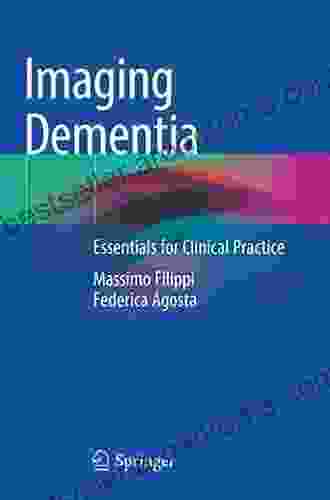
 Harold BlairImaging Dementia Essentials For Clinical Practice: Unveiling the Labyrinth of...
Harold BlairImaging Dementia Essentials For Clinical Practice: Unveiling the Labyrinth of... Jorge Luis BorgesFollow ·2.3k
Jorge Luis BorgesFollow ·2.3k Jake CarterFollow ·10.4k
Jake CarterFollow ·10.4k Lawrence BellFollow ·12.2k
Lawrence BellFollow ·12.2k Jeffrey CoxFollow ·12.6k
Jeffrey CoxFollow ·12.6k Grayson BellFollow ·3.4k
Grayson BellFollow ·3.4k Aleksandr PushkinFollow ·9.8k
Aleksandr PushkinFollow ·9.8k Barry BryantFollow ·14.1k
Barry BryantFollow ·14.1k Marvin HayesFollow ·6k
Marvin HayesFollow ·6k
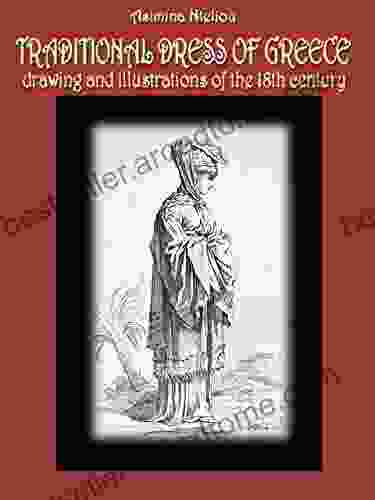
 Jeremy Cook
Jeremy CookDrawing and Illustrations of the 18th Century: A Journey...
Step into the...

 Easton Powell
Easton PowellPhysician Experience With Obstructive Sleep Apnea: The...
Obstructive sleep apnea (OSA) is a common...

 Cruz Simmons
Cruz SimmonsUnlock Your Inner Healer: The Transformative Power of...
Are you ready to embark on a profound healing...
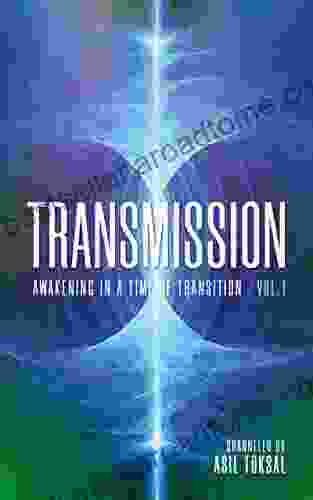
 Paulo Coelho
Paulo CoelhoTransmission Awakening In Time Of Transition Vol. 1: A...
Transmission Awakening...
4.5 out of 5
| Language | : | English |
| File size | : | 4974 KB |
| Text-to-Speech | : | Enabled |
| Screen Reader | : | Supported |
| Enhanced typesetting | : | Enabled |
| Print length | : | 280 pages |



